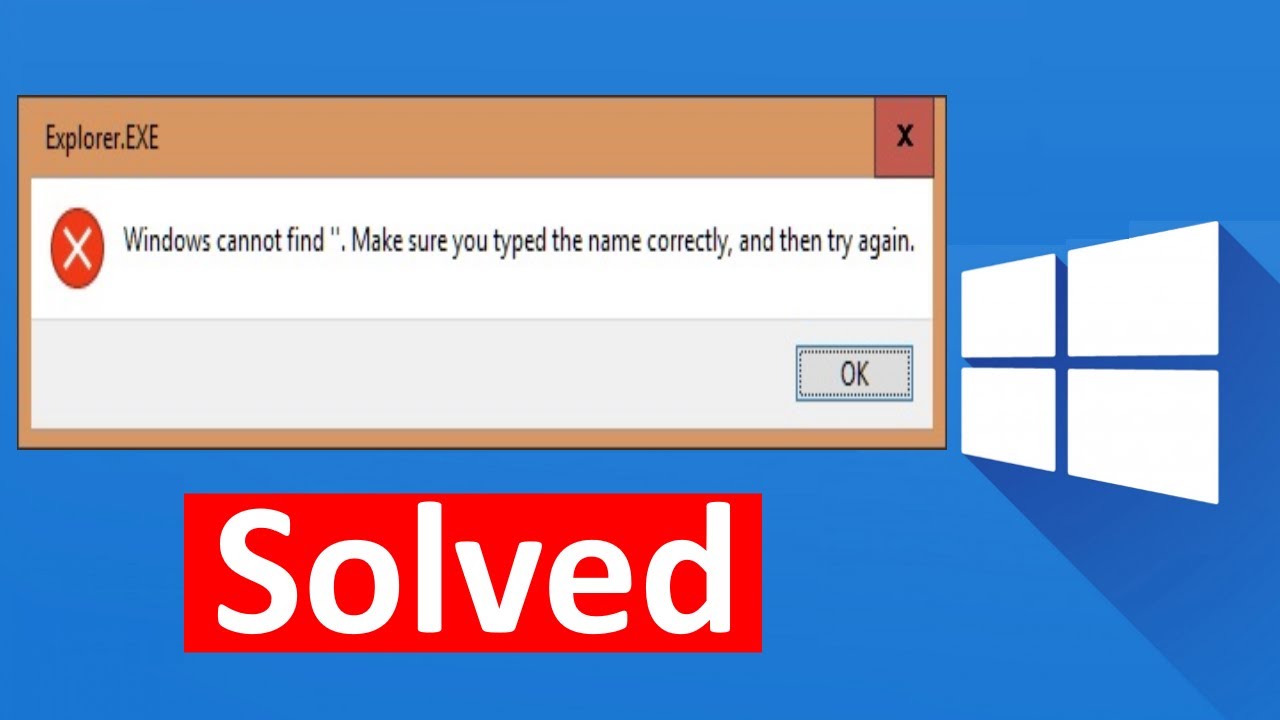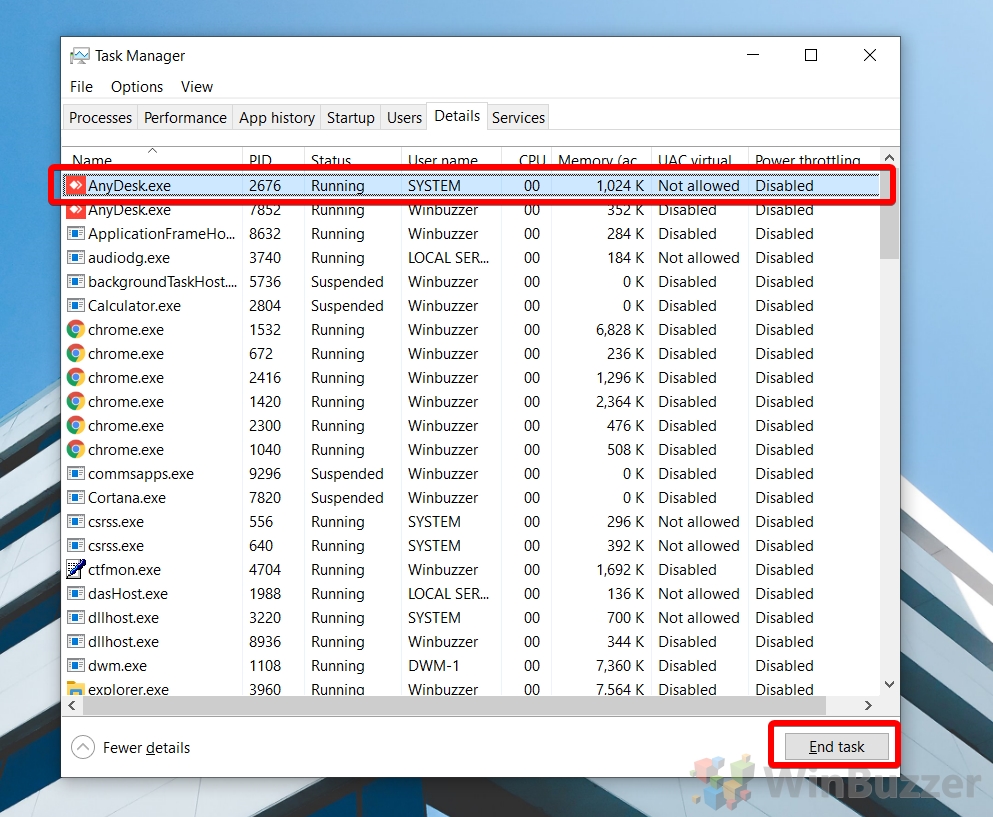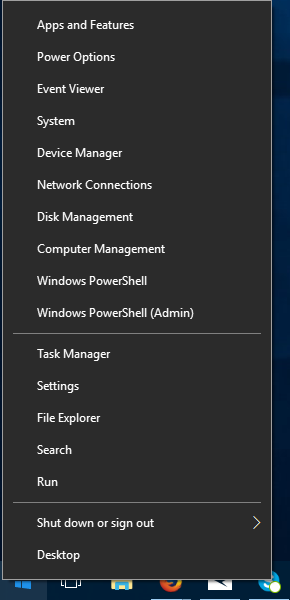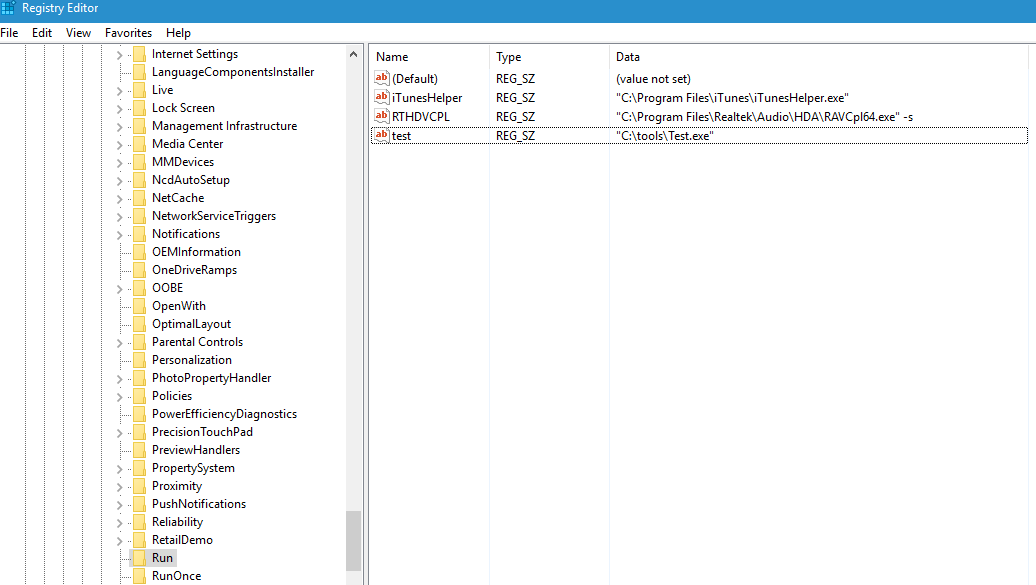This article discusses the difficulties encountered when encoding and decoding with Bass64.exe.
Overview of bass64.exe
Bass64.exe is a command line utility in Windows for encoding and decoding data using the Base64 mechanism. It is commonly used in mail processing systems and data transmission over networks. The utility is invoked through the command line, with options to specify input and output files, and additional features such as the ability to specify a nickname for an identity. One of its pros is the simplicity and reliability of the encoding and decoding mechanism. However, there are some cons to using Bass64.exe, such as output format issues and redirection problems when used in pipeline variants. Additionally, there is a quirk with the -s option that can cause a burden on cloud regions.
Safety concerns with bass64.exe
- Malware: Bass64.exe can be used by hackers as a tool to spread malware and viruses on your computer.
- Data theft: Hackers can use Bass64.exe to steal sensitive information such as login credentials, credit card details, and personal information.

- System instability: The use of Bass64.exe can cause instability in your computer system, leading to crashes and other performance issues.
- Compatibility issues: Not all applications and systems are compatible with Bass64.exe, which can cause errors and other issues when encoding or decoding files.
- False positives: Some antivirus software may flag Bass64.exe as a threat, even though it may be a legitimate file.
Common errors associated with bass64.exe
| Error | Description | Solution |
|---|---|---|
| Invalid input | The input provided for encoding or decoding is not valid base64 format. | Ensure that the input is in valid base64 format. |
| Invalid output | The output generated from decoding is not in the expected format. | Check the expected output format and ensure that the decoding process is correct. |
| Encoding failure | The base64 encoding process fails and generates an error. | Check the input data and encoding settings to ensure they are correct. Also, check if there are any restrictions or limitations on the input data. |
| Decoding failure | The base64 decoding process fails and generates an error. | Check the input data and decoding settings to ensure they are correct. Also, check if there are any restrictions or limitations on the input data. |
| Performance issues | The base64 encoding or decoding process takes a long time to complete. | Optimize the code or use a different implementation of the base64 algorithm. |
Repairing bass64.exe errors
If you’re experiencing bass64.exe errors, there are a few steps you can take to repair them. First, try running a virus scan to ensure the file hasn’t been infected.
If that doesn’t work, you can try reinstalling the base64.exe file. To do this, first delete the current file and then download a new copy from a reputable source.
Another option is to use the command line utility to decode the file. Use the -s option to print out the decoded output, and the PIPE symbol to redirect it to an OUTFILE.
It’s important to note that base64 encoding is a data encoding scheme used for transmission of binary data over email or other forms of communication. It’s based on RFC 1341, which defines the MIME (Multipurpose Internet Mail Extensions) standard.
Removing bass64.exe from your system
- Step 1: Identify the location of the bass64.exe file
- Use Windows search to locate the file

- Check the system folder or the folder where the program that installed the file is located
- Step 2: End the process of bass64.exe
- Open Task Manager by pressing Ctrl+Shift+Esc
- Go to the Processes tab
- Locate and select the bass64.exe process
- Click on End Process

- Step 3: Delete the bass64.exe file
- Right-click on the bass64.exe file
- Select Delete

- If prompted for confirmation, click Yes
- Step 4: Remove any related registry entries
- Press Windows key + R to open the Run dialog box
- Type regedit and press Enter
- Navigate to HKEY_LOCAL_MACHINESOFTWAREMicrosoftWindowsCurrentVersionRun
- Delete any value related to bass64.exe

- Step 5: Scan your system for any remaining threats
- Use a reliable antivirus program to scan your system
- Remove any threats detected

